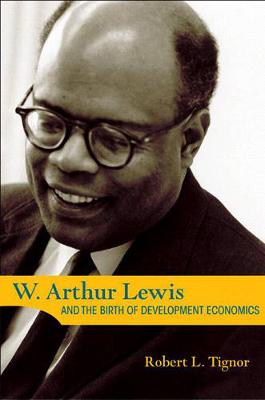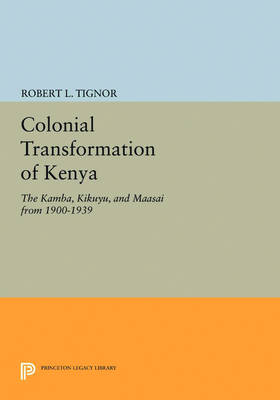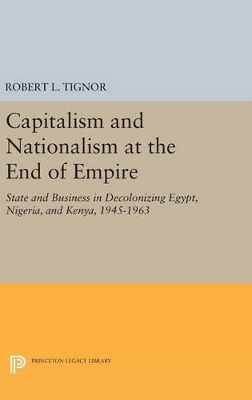Princeton Legacy Library
3 total works
W. Arthur Lewis and the Birth of Development Economics
by Robert L. Tignor
He made significant contributions to Ghana's quest for economic growth and the West Indies' desire to create a first-class institution of higher learning serving all of the Anglophone territories in the Caribbean. This book, based on Lewis's personal papers, provides a new view of this renowned economist and his impact on economic growth in the twentieth century. It will intrigue not only students of development economics but also anyone interested in colonialism and decolonization, and justice for the poor in third-world countries.
This book takes an entirely new approach to the evolution of cities and of societies in premodern periods. Refining the theory advanced in his earlier study of China and Japan, Gilbert Rozman examines the development of Russia over several centuries with emphasis on the period immediately preceding the Industrial Revolution. He makes possible comparison of urbanization in five countries (including England and France as well as Russia) and develops a systematic framework for analyzing cities of varying size.
Treatment of Russia includes a history of urban development prior to 1750, an examination of late eighteenth-century social structure as it related to cities, and a study of regional variations in urbanization. The author presents a wealth of information until now unavailable in English. Since this information is provided in a format similar to that used in the earlier book, data on Russia can readily be placed in broad perspective. Comparisons with the other countries show that Russia's development was less slow than has been supposed.
Separate sections on England and France supply estimates of the number of settlements at each level of their urban hierarchies.
Originally published in 1976.
The Princeton Legacy Library uses the latest print-on-demand technology to again make available previously out-of-print books from the distinguished backlist of Princeton University Press. These editions preserve the original texts of these important books while presenting them in durable paperback and hardcover editions. The goal of the Princeton Legacy Library is to vastly increase access to the rich scholarly heritage found in the thousands of books published by Princeton University Press since its founding in 1905.
Tignor also finds that the nationalist movements, far from being ineffective, largely realized the primary goals of nationalist leaders that had been articulated for many decades. Originally published in 1997. The Princeton Legacy Library uses the latest print-on-demand technology to again make available previously out-of-print books from the distinguished backlist of Princeton University Press. These editions preserve the original texts of these important books while presenting them in durable paperback and hardcover editions. The goal of the Princeton Legacy Library is to vastly increase access to the rich scholarly heritage found in the thousands of books published by Princeton University Press since its founding in 1905.


